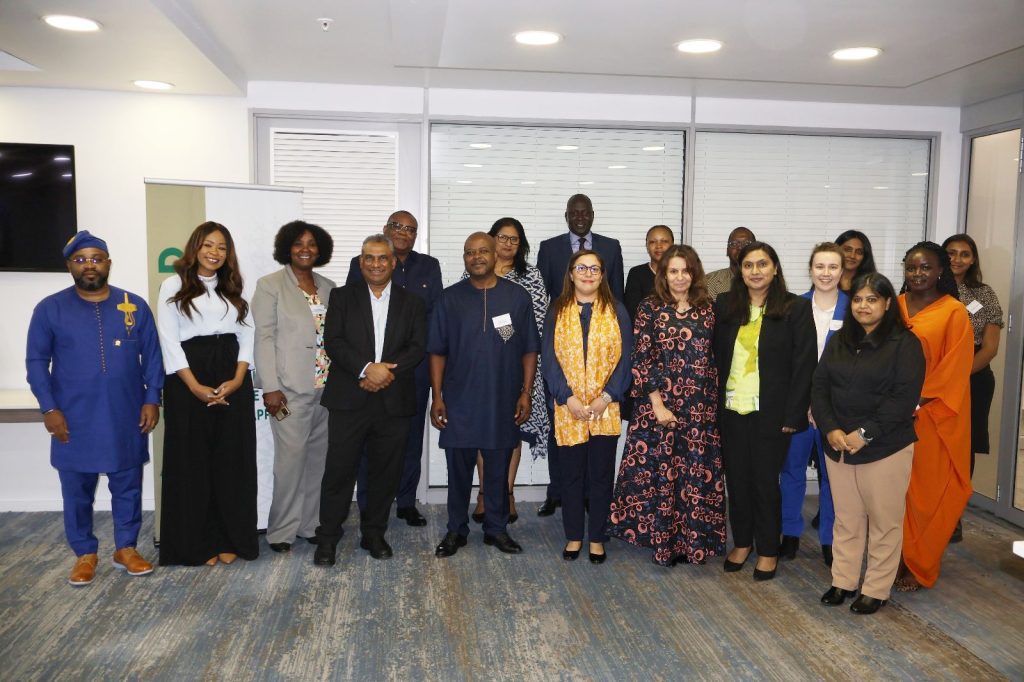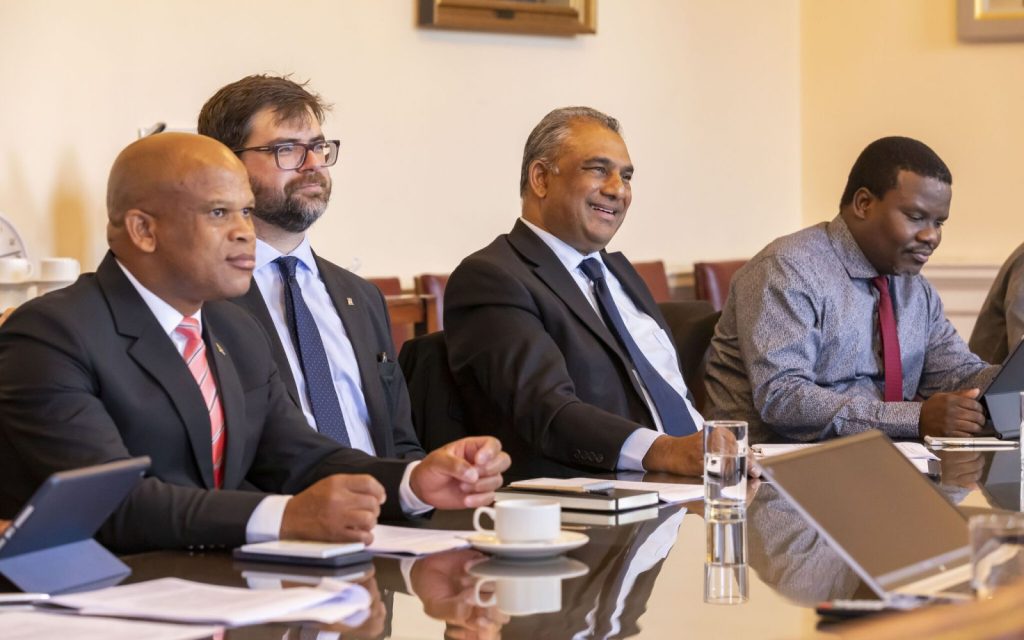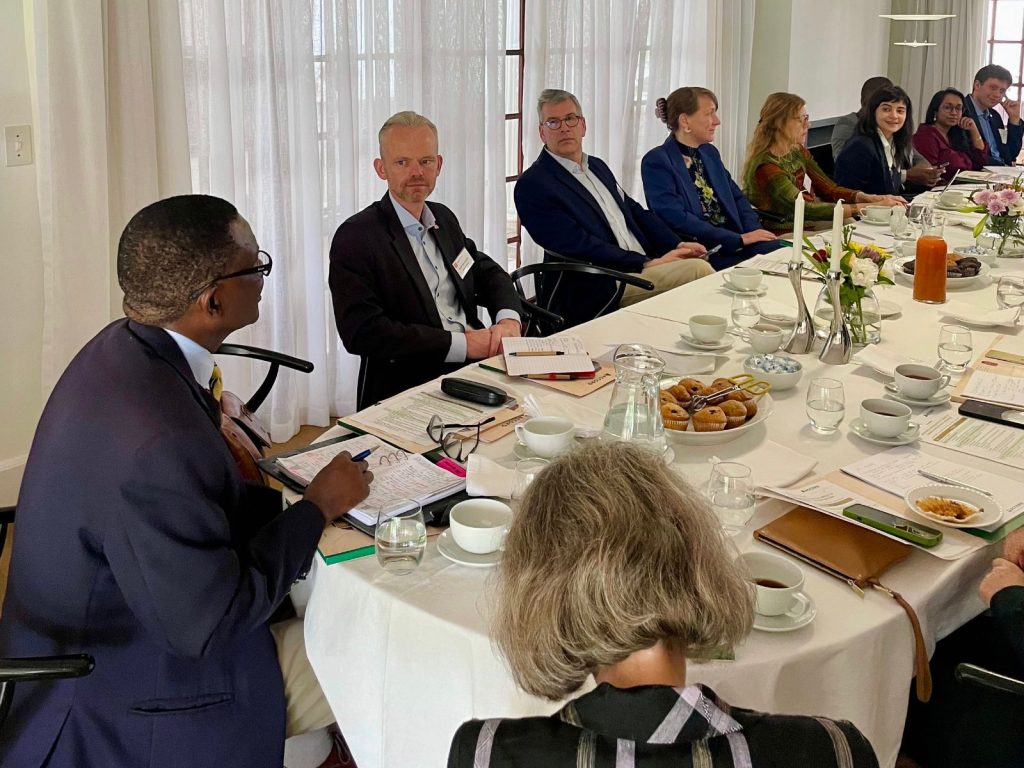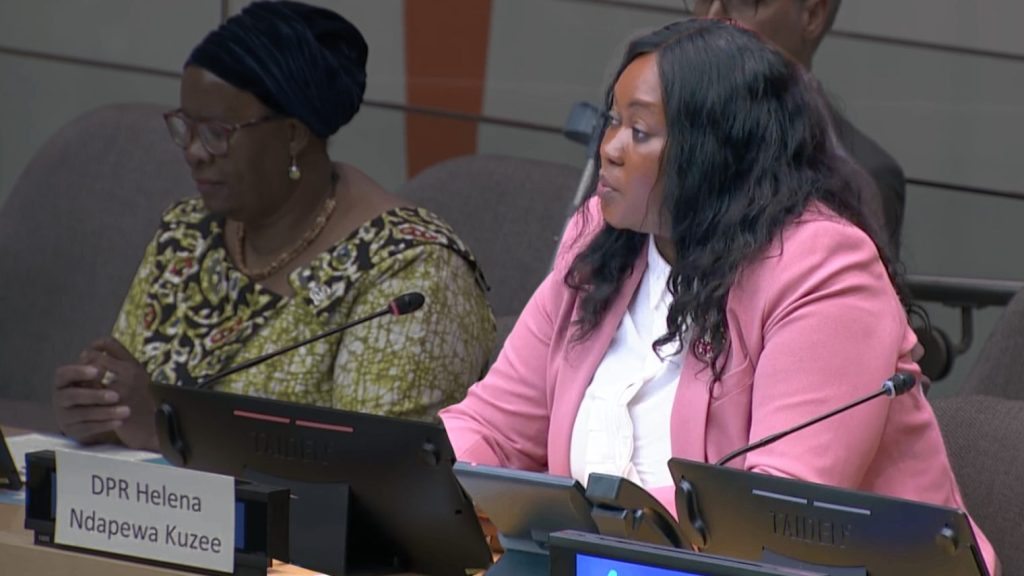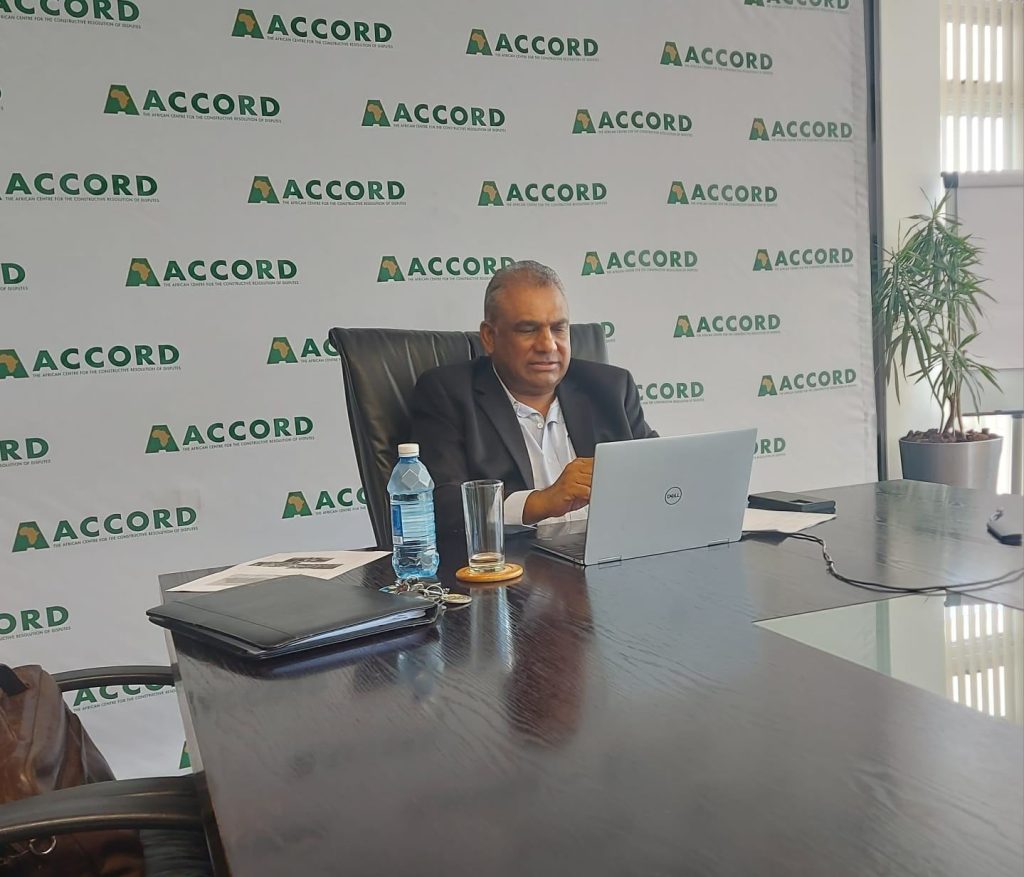As a member institution of the African Peace Support Trainers Association (APSTA), The Training for Peace in Africa Programme at ACCORD (TfP/ACCORD) has participated in the APSTA Training and Research Colloquium. The Colloquium aims to outline a mutually agreed framework on how best to address the needs of the general APSTA membership in their quest to fulfil their mandates in providing training and research for Peace Support Operations (PSOs), linked to the requirements for the operationalisation of the African Standby Force (ASF).
The Training and Research Colloquium was organised by APSTA and hosted by the Malawi Peace Support Operations Training Center (MPSOTC) from 10-14 March in Lilongwe Malawi. Member institutions from Africa including the Southern African Development Community Regional Peacekeeping Training Centre (SADC-RPTC); Kofi Annan International Peacekeeping Training Centre (KAIPTC); Legion Centre for International Affairs and Diplomacy (LECIAD); Institute for Peace and Security Studies (IPSS); Institute for Peace and Conflict Studies (IPCS); International Peace Support Training Centre (IPSTC); Impact for Development and Change (IMPACT); National Defence College of Nigeria (NDC); and Environmental Aid Nigeria (EAN) were represented. The Head of the African Union Peace Support Operations Division (AU PSOD), Mr Sivuyile Bam also participated in the discussions. TfP/ACCORD was represented by Ms Olivia Davies – Peacekeeping Unit Programme Officer.
Along with other member institutions, TfP/ACCORD presented its past and present training and research support to current AU missions and the ASF, and discussed its training and research plans for continued support to the AU PSOD in this regard. The Colloquium also provided an opportunity for members to identify common areas of needs, challenges and cooperation towards the harmonisation, coordination and standardisation of the training doctrine and concept amongst training Centres of Excellence (COEs) in Africa. Additionally, the Head of the AU PSOD, Mr Sivuyile Bam presented on the current core challenges faced by the AU PSOD in order for APSTA to play an increased role in addressing these challenges, through the training and research provided by its member institutions.
The Colloquium provided a forum for the increased understanding of the critical needs and gaps in the operationalisation of the ASF amongst the member institutions, in order to enhance the full capability of the AU to respond to peace and security on the continent. The identification of targeted training and research to address these gaps was a key outcome, with recommendations for effective mapping of APSTA member institutions work and proposals for a training needs analysis to foster better collaboration and support to the AU, and in particular AU PSOD, for its current and future operations utilising the ASF. Based on which may be undertaken by members as a collective approach under APSTA.
The outcome will inform TfP/ACCORD’s work in delivering tailored and standardised training and research support to the needs of current AU missions and the broader dimension of the ASF, contributing to enhanced capacity for peace operations undertaken by both the Regional Economic Communities (RECs) and the AU PSOD. This event fits into the broader objective of TfP/ACCORD, in developing the capacity and capability of the AU and RECs in planning multidimensional peace support operations in Africa.
The Training for Peace Programme at ACCORD is an initiative funded by the Norwegian Ministry of Foreign Affairs.
This event affirmed sustainability of APSTAs commitment to support peace operations in African, through the efforts of its membership. The standardisation of trainings will contribute to the needs required for the operationalisation of the ASF.


